A brief description about this Activity.
This Module introduces Marsha Linehan’s development of DBT as a distinct approach to treating clients’ impulsivity and suicidal behaviour. It provides an insight into the limitations of non-dialectical approaches for this population and illustrates the core dialectic between Acceptance and Change. Clients presenting with emotion dysregulation, impulsive behaviour, and recurrent life crises often feel overwhelmed by the apparent unpredictable and chaotic nature of their daily lives. They can feel like the world happens at them and are left feeling out of control, and with a profound sense of being bad. As clinicians we may have some diagnostic lists that provide a tool for assessment, but which do not account for an integrated meaning of the behaviours that we see. In terms of a diagnosis of Borderline Personality Disorder the DSM V gives a checklist of observable symptoms which identify the disorder, but which do not provide an account of why and how these features fit together. The Distress Cycle presented in this module provides an inclusive understanding of the key features of emotion dysregulation including BPD, and how they are maintained. It has been a profound experience for clients to be offered a deeply meaningful over view of how their “problems” and behaviours make sense, even when they don’t work. It demonstrates how their problems are interconnected, and that there is a realistic way out of the vicious cycle of distress, ie “A way out of hell” (Linehan 1991).
Learn more about this Activity.
No Website has been provided for this Activity.
The Provider for this Activity.
